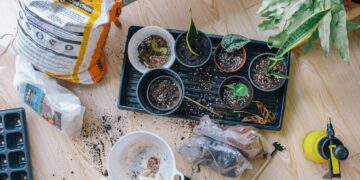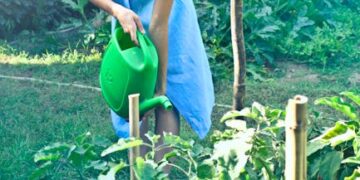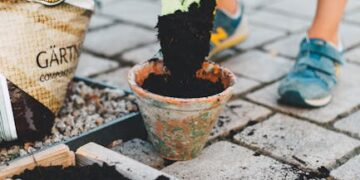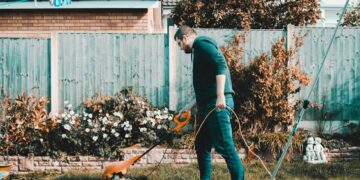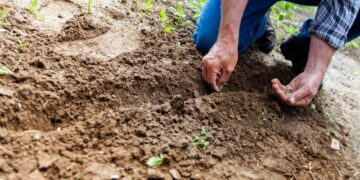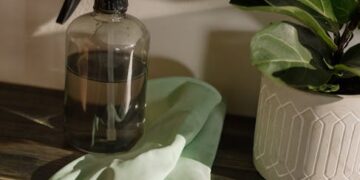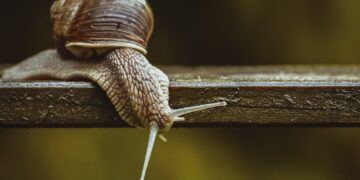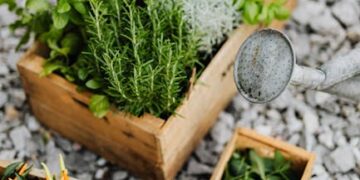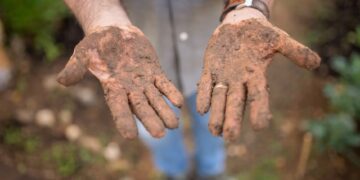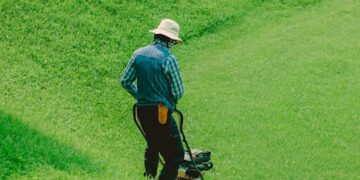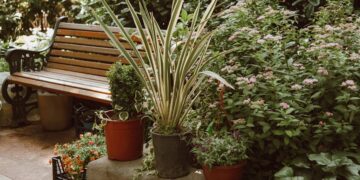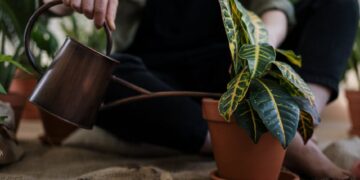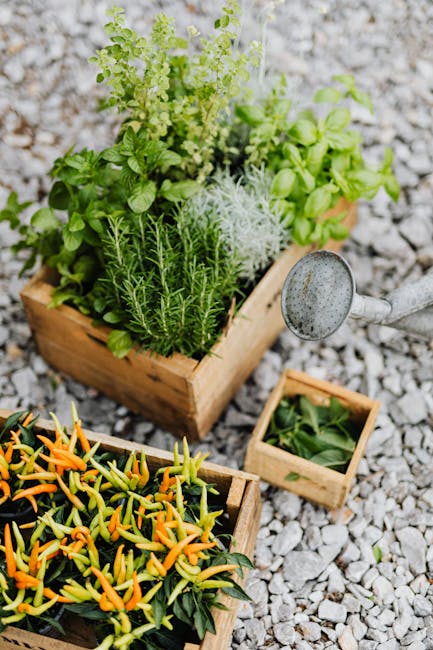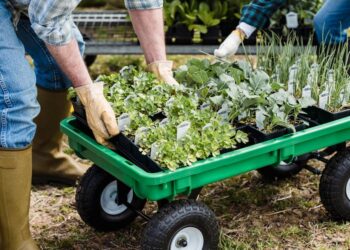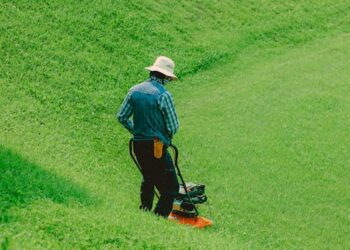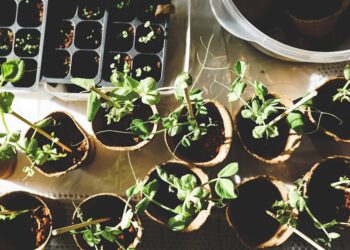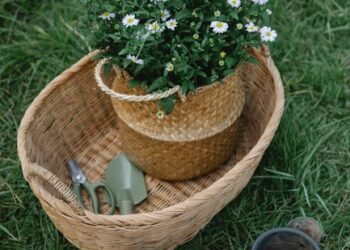5 Common Mistakes to Avoid When Using Garden Hoses
Garden hoses are a vital tool for everyone from gardening enthusiasts to casual lawn caretakers. Yet, despite their seeming simplicity, using a garden hose improperly can lead to frustration, unnecessary expense, and even damage to your yard or the hose itself. Here are five common mistakes you should avoid to ensure effective and efficient watering, helping your garden look its best while saving time and water.
Mistake 1: Choosing the Wrong Type of Hose
Not all garden hoses are created equal. Selecting the wrong type of hose for your specific gardening needs can lead to increased wear and tear, kinks, and even breakage. Key features to consider include:
- Length: Always opt for a hose that reaches your furthest point comfortably without stretching.
- Diameter: The diameter affects water flow. A standard garden requires at least a 1/2-inch diameter.
- Material: Rubber hoses are durable and kink-resistant but can be heavy. Vinyl hoses are lighter and more cost-effective but less durable.
For example, choosing a heavy-duty rubber hose might be ideal if you frequently need to drag your hose across rough surfaces.
Mistake 2: Improper Storage
Leaving your garden hose tangled on the ground not only makes your yard look messy but also leads to damage. Here are some tips to store your hose properly:
- Invest in a hose reel or hanger. This aids in easy winding and unwinding while keeping the hose off the ground.
- During winter, drain your hose and store it in a dry place to prevent cracking and splitting from freezing temperatures.
Properly storing your hose reduces weather-related wear and tear and prevents hazards like tripping over a poorly placed hose.
Mistake 3: Leaving the Hose Under Pressure
When not in use, turning off the tap and releasing the pressure in your garden hose can significantly increase its lifespan. Water pressure left in an idle hose can:
- Weaken the hose’s structural integrity, leading to bursts.
- Put constant stress on hose connectors and faucets, potentially causing leaks.
A simple routine of disconnecting and draining your hose after every use could save you from leaks and bursts in the future.
Mistake 4: Dragging Your Hose Over Sharp Objects
Your garden hose can easily get snagged or cut if dragged repeatedly over sharp corners or rough terrain. This not only causes leaks but also diminishes its overall effectiveness and aesthetic. To prevent this, follow these guidelines:
- Plan a path that avoids sharp corners or rough surfaces when installing or moving your hose.
- Consider using a hose guide to safely direct your hose around potential hazards.
Additionally, paying attention when maneuvering your hose can prevent damage and extend its longevity.
Mistake 5: Neglecting Regular Maintenance
Like any other tool, a garden hose requires periodic checks and maintenance. Here are some maintenance tips to keep your hose in top condition:
- Regularly check for leaks or wear at connection points.
- Replace washers and o-rings annually to prevent leaks and ensure a tight fit.
- Clean your hose periodically to prevent dirt build-up, which can lead to blockages.
Simple maintenance can drastically improve both the function and the lifespan of your garden hose.
Conclusion
Maintaining a garden can be a deeply rewarding activity, and having the right tools, like a well-maintained garden hose, makes the task easier and more enjoyable. Avoiding these common mistakes will not only save you time and money but also enhance your gardening experience. Remember, the care you give to your tools reflects the care you give to your garden.
FAQs About Garden Hose Use
How long should a garden hose last?
With proper care, a high-quality garden hose can last 5 to 10 years. However, durability heavily depends on the material of the hose and how well it is maintained.
Can you repair a garden hose?
Yes, garden hoses can be repaired with hose repair kits which are readily available at most hardware stores. Small punctures or torn ends can be fixed to extend the life of your hose significantly.
Is it okay to drink from a garden hose?
It’s not recommended to drink water from garden hoses unless they are labeled as “drinking water safe” or “lead-free”. Most conventional hoses contain materials that can leach harmful chemicals into the water.

